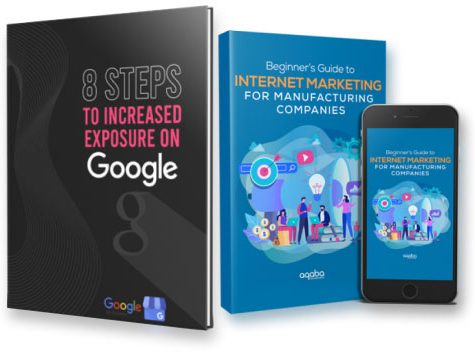Insights
GENERATIVE AI
Unlock the future with Generative AI: where data meets creativity
Insights
GENERATIVE AI
Unlock the future with Generative AI: where data meets creativity
Explore the
possibilities of AI

Explore the
possibilities of AI
Generative AI is an exciting and rapidly-evolving field that has the potential to transform the way we approach creativity. By using machine learning algorithms to analyze patterns and trends in existing data, generative AI can help unlock new forms of innovation.
At Aqaba, we believe in staying on the cutting edge of technological innovation, and we are excited to see how generative AI will continue to evolve and transform the digital landscape.
Introduction to Generative AI
Infinite opportunities
Artificial intelligence (AI) has the potential to revolutionize the field of marketing by enhancing core activities such as understanding customer needs, product matching, and persuasion. A McKinsey analysis in 2018 identified marketing as the domain where AI could offer the most value, and CMOs have been increasingly adopting this technology. A 2019 survey by the American Marketing Association revealed a 27% increase in AI implementation over a year and a half, with many top AI objectives being marketing-focused.
AI has already found its place in marketing by handling tasks ranging from digital ad placement and enhancing prediction accuracy to supporting customer service. This technology plays a significant role throughout the customer journey, guiding potential customers in their research phase, personalizing offers, and streamlining the sales process. It excels in upselling, cross-selling, and preventing cart abandonment, with initiatives like providing real-time testimonials to boost conversion rates.
After a sale, AI-powered service agents are available 24/7, triaging customer requests efficiently. They can handle simple queries, analyze customer tone, and suggest responses, offering a seamless support experience.
The framework for marketing AI involves classifying it based on two dimensions: intelligence level and integration. AI can range from task automation for structured, rule-based processes to machine learning that makes complex predictions and decisions. Furthermore, AI can be stand-alone or integrated into broader platforms. This categorization helps marketers plan the introduction of AI applications effectively.
Starting with basic AI applications for task automation is a good approach, followed by transitioning to more advanced machine learning as a company accumulates data and expertise. Integrated machine-learning applications within existing systems are expected to offer the most value in the long run.
While marketing AI offers substantial benefits, implementing it presents challenges. Privacy, security, and data ownership concerns are paramount, requiring transparent controls and customer involvement in data usage decisions. Companies must also address integration difficulties, especially when dealing with third-party platforms. Additionally, ethical considerations and potential biases in AI algorithms require scrutiny, and establishing ethics and privacy review boards can help ensure responsible AI use.
In conclusion, marketing AI is already delivering value to marketers, and its capabilities are evolving rapidly. While it won’t replace the entire marketing function, it will continue to transform marketing over the coming decades. Advertising professionals are encouraged to develop strategies that harness AI’s current capabilities while preparing for its future potential. Building AI capabilities and addressing risks will be integral to the long-term success of marketing organizations.
In today’s digital age, local search engine optimization (SEO) has become a cornerstone for businesses aiming to connect with customers in their vicinity. Understanding the significance of local SEO is
Ready to unlock your creativity with generative AI?
Ready to unlock your creativity
with generative AI?

See Our Client’s Success

See Our Client’s Success

See Our Client’s Success



Want to learn more?
Additional resources

For B2B, the website, brand messaging, and content marketing play a much different role than B2C. We understand the methodology behind the B2B marketing & sales funnel. Not to mention, the tactics to generate and nurture your best leads.

Want to learn more?
Additional resources
For B2B, the website, brand messaging, and content marketing play a much different role than B2C. We understand the methodology behind the B2B marketing & sales funnel. Not to mention, the tactics to generate and nurture your best leads.




